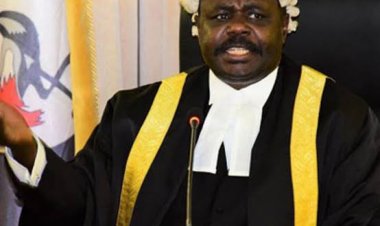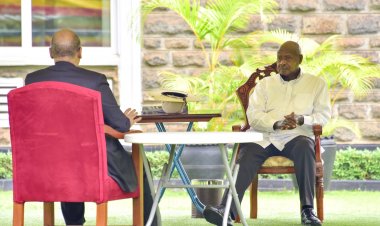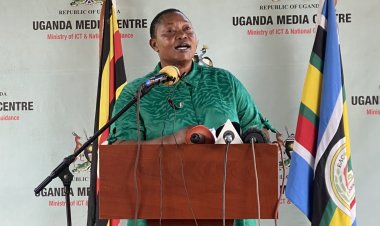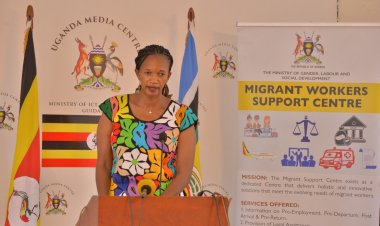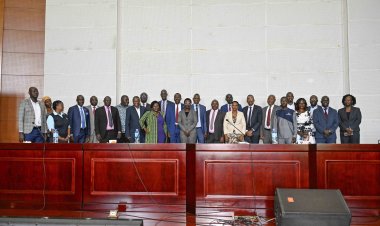"We Will Crush the Corrupt," Says Museveni in State of the Nation Address
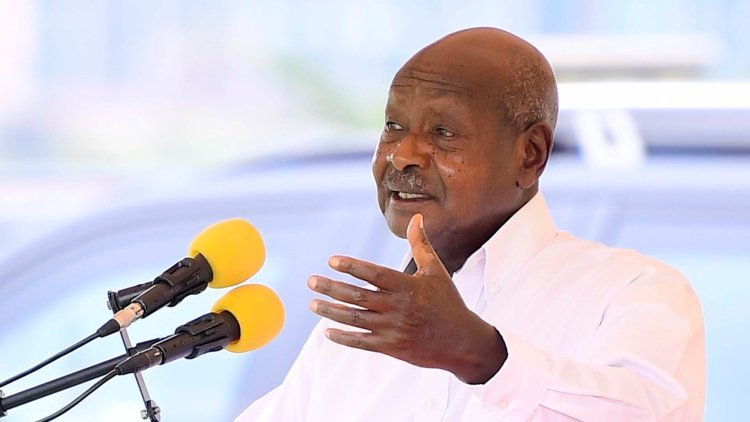
President Yoweri Museveni reaffirmed his commitment to eradicating corruption and driving Uganda towards prosperity and strategic security in his state of nation address.
Museveni's speech emphasized the achievements of the National Resistance Movement (NRM) and laid out the path ahead, focusing on the three historical missions of prosperity, security, and Pan-African unity.
Three Historical Missions and Four Principles
Museveni outlined the three historical missions that have driven his administration: achieving prosperity for African people, ensuring strategic security, and leveraging African brotherhood to accomplish these goals.
He emphasized that prosperity can only be attained through sustainable production and market integration, rejecting dependency on foreign aid.
The four principles of the NRM ideology—Patriotism, Pan-Africanism, socio-economic transformation, and democracy—were reiterated as the foundation for Uganda's development.
Museveni stressed that love for Uganda and Africa is essential for economic growth, while socio-economic transformation can be realized through education and wealth creation for all citizens.
Economic Achievements and Challenges
President Museveni celebrated Uganda's economic progress, noting the growth from a USD 1.5 billion economy in 1986 to USD 55 billion by the forex exchange method and USD 180.29 billion by the Purchasing Power Parity (PPP) method.
Despite these successes, he acknowledged ongoing challenges, such as non-tariff barriers within the East African Community (EAC) that hinder trade and prosperity.
Museveni called for the removal of these barriers to create a seamless market across East Africa, allowing for free trade and economic integration.
He urged Ugandans to engage in wealth creation through commercial agriculture, manufacturing, services, and ICT, supported by government grants and soft loans.
Security and Political Integration
On the front of strategic security, Museveni underscored the importance of size and development, drawing lessons from global history.
He advocated for the political integration of East Africa, envisioning a federation with a common army, citizenship, and market.
This, he argued, would safeguard the freedom and prosperity of the African race.
Combating Corruption
Museveni's address took a decisive turn as he vowed to crush corruption within public service and political leadership.
He condemned corrupt actors and traitors working for foreign interests, promising firm action based on solid evidence.
He highlighted the detrimental effects of extortionate interest rates by money lenders and directed the Finance Minister to cap these rates, ensuring affordable loans for Ugandans.
The President called on Ugandans to audit the progress made in achieving the historical missions and NRM principles.
He urged them to identify remaining tasks and actively contribute to national development.








